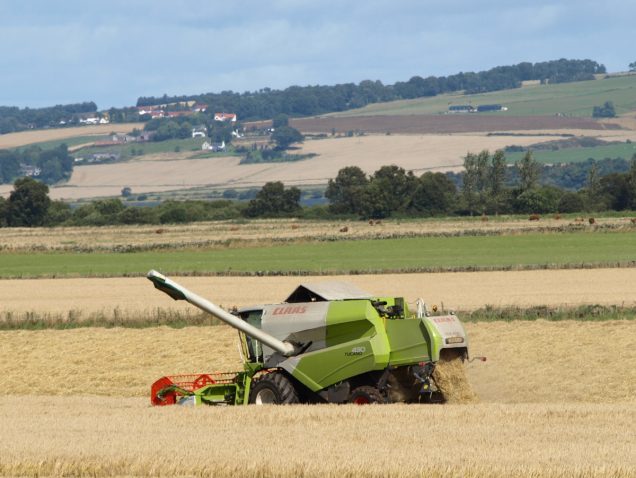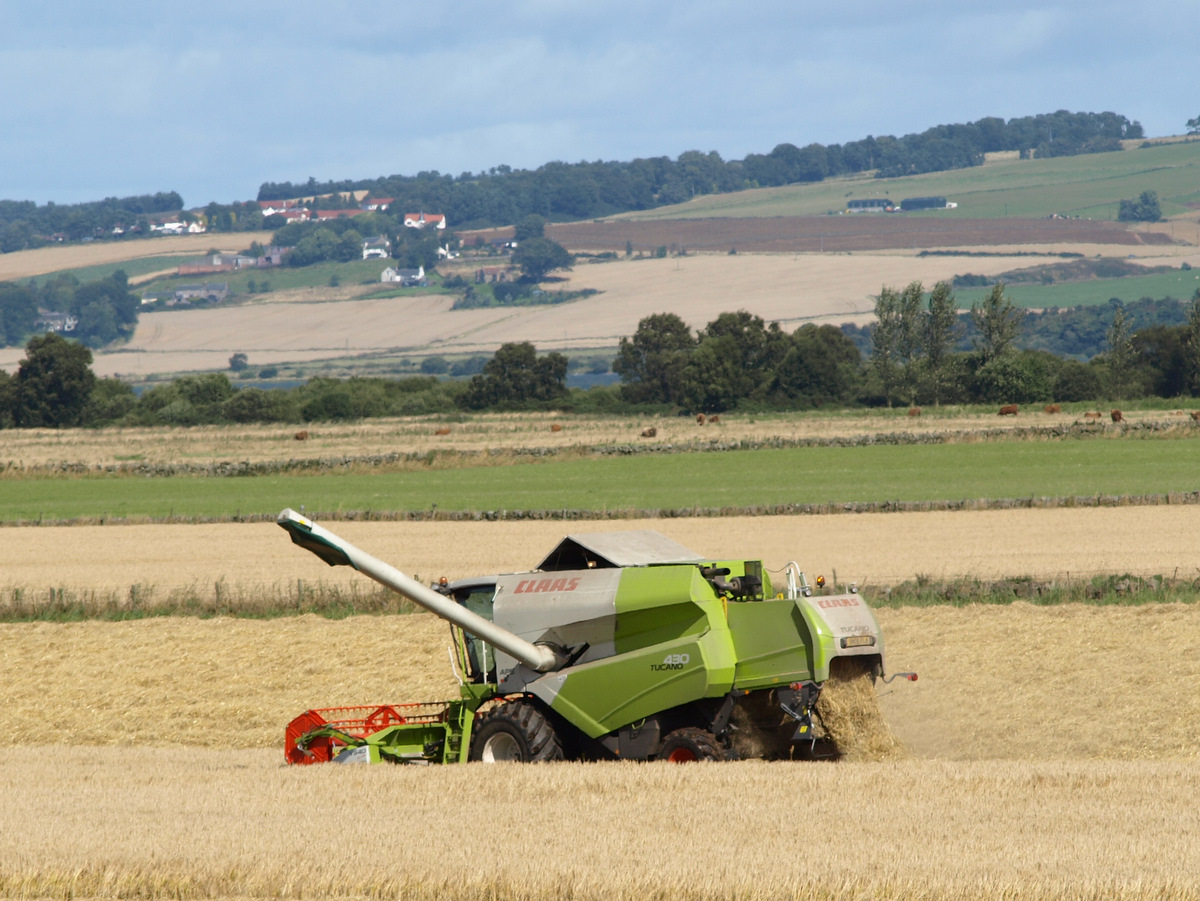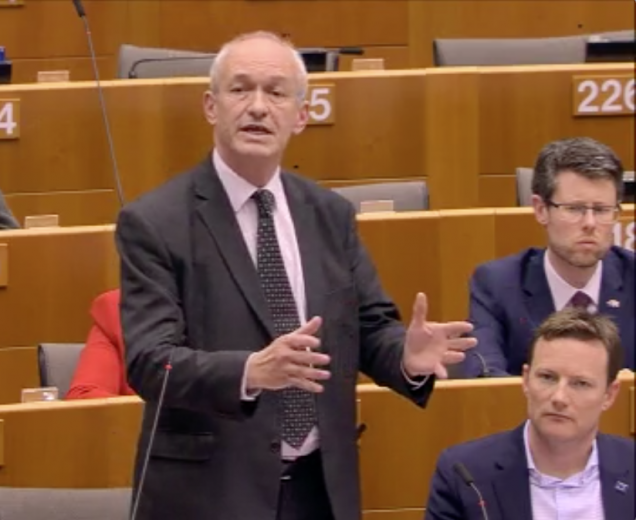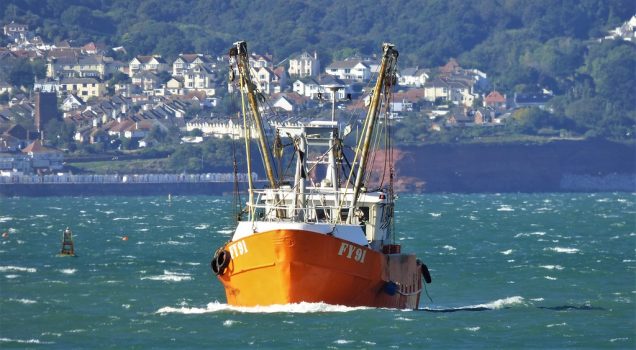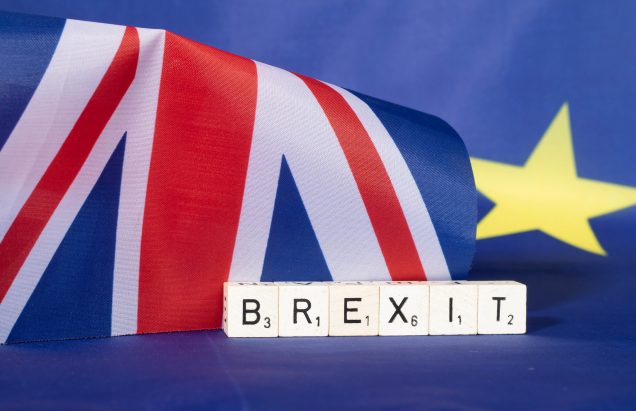Leaving the EU will presumably mean leaving the Common Agricultural Policy (CAP).
It is claimed that replacing the CAP could be an opportunity for the UK to develop an agricultural policy which promotes competitive and environmentally sustainable farming better than the CAP does, by reducing direct payments to farmers and increasing subsidies for public goods (such as environmental stewardship and high animal welfare standards). It could also be an opportunity to think afresh about how to create a more resilient, innovative and effective agricultural sector.
It is indeed easy to make a list of desirable changes, though one person’s wish list may be another’s hate-list. And securing support for continued farming subsidies from an overwhelmingly urban electorate is likely to produce its own particular tensions, as my colleague Paul Brannen has explored.
Currently, some 55% of total UK farm income comes from CAP support. If we don’t want to see a massive decline in our farming sector and an end to some much loved landscapes, replacing that in some way has to be a top priority.
The government has guaranteed that current levels of support would remainuntil 2020. That is short term and covers scarcely more than the period we are likely to still be in the EU. It offers nothing in respect of the longer-term.
Another challenge is to trade in agricultural products. Nearly two-thirds of UK agricultural exports (measured by value) currently go to the rest of the EU, while 70% of agricultural imports (again, by value) come from the EU. Food supply chains are immensely complicated nowadays. Some components of processed food products start their life cycle in the UK, are processed in another member state and then return to us for consumption. Any change arising from those trade patterns is bound to impact on UK farmers as well as the wider food processing industry.
But this now seems likely with the hard Brexit option chosen by the government. Leaving the single market and the customs union means leaving the commonly agreed rules that govern our current trade arrangements both with the EU and with the world.
First among these are tariff and quota regimes. In the absence of a preferential trade agreement with the EU, the UK agriculture and food sector could find itself facing high tariffs on its exports to Europe. In fact, tariffs are likely to affect the whole supply chain because they will cover both imported products and inputs such as machinery, feed and fertilisers. Even if we do manage to negotiate tariff free and quota free access trade, will our farmers be able to compete? Any lower level of subsidy than they currently get will make that difficult. Any higher level of subsidy will be challenged as unfair competition. Tough negotiations about subsidy equivalence will ensue, unless we just keep on with the CAP system. And, with regard to the wider world, as recent examples have shown, trade agreements take a very long time to negotiate and are immensely complicated, particularly in the area of agriculture. There is no guarantee that we can quickly replace any losses in our European trade with gains elsewhere. On the contrary, there is a real danger that the UK government, desperate for new trade deals around the world, will concede access to the UK market for cheap agricultural products from, say, the Americas, in exchange for access for UK financial services to their markets
Second, there are consumer protection rules, from labelling requirements to phytosanitary standards. If we want to continue selling in the European market, we will still have to follow those rules – but we will no longer have a say on making them or changing them. This is an important loss of influence.
Third, there is the reciprocal right of free movement of labour in Europe, which the government seems determined to end. This poses particular problems for farming, especially if the government goes for keeping free movement for highly skilled jobs, but restricting it for the lower wage jobs. Without access to EU labour, both the agricultural sector and food manufacturers will face severe difficulties.
Agriculture is vital to all of us. We depend on a secure, affordable and high-quality food supply, and we benefit from some public goods which farmers help deliver. Rural communities across the UK are sustained by the agricultural sector, the funding it receives and the jobs it creates. So now, more than ever, we need certainty and clarity. The Government plan for Brexit has so far failed to deliver either.
Maybe it can’t. And if the theory that we can have our cake and eat it is proven to be unfounded, as we negotiate our Brexit deal over the next two years, there may well be many farmers among those asking for Brexit to be reconsidered.
*An extra sentence and paragraph was added to this article after it was first published.

